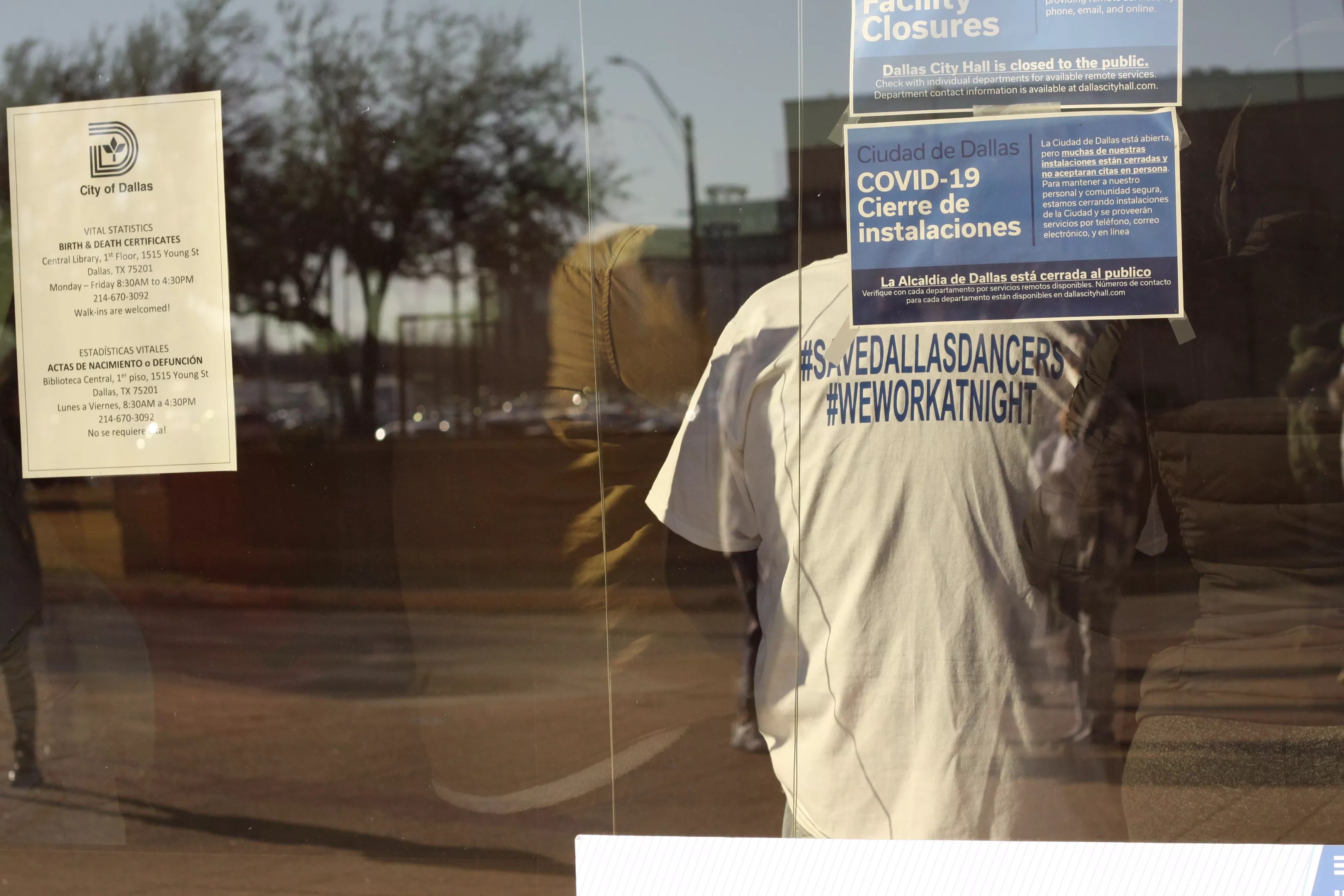
Jacob Vaughn

Audio By Carbonatix
Avi Colunga is a single mom and dancer at XTC Cabaret. She says it’s one of the only places she can work and provide for her autistic daughter. She works late shifts, often clocking in between 11 p.m. and 1 a.m. while leaving her daughter with a family member for the night before returning before breakfast the next morning.
Under an ordinance the city is trying to enforce that would see sexually oriented businesses closed between 2 a.m. and 6 a.m., Colunga would be able to work a limited number of hours each night, decreasing her income. After a recent court ruling, this could become the reality for her sooner than later.
Last year, a federal district court ruled that Dallas didn’t have the facts to back up closing down sexually oriented businesses between 2 a.m. and 6 a.m. The city argues an ordinance it passed unanimously in 2022 to do just that is necessary to combat crime in the vicinity of strip clubs in the early morning hours.
Last week, a higher court, the U.S. 5th Circuit Court of Appeals, ruled in the city’s favor, saying it had ample evidence to back up the ordinance and that the lower court erred in its previous decision. “The city’s evidence reasonably showed a link between [sexually oriented businesses] late night operations and an increase in ‘noxious side effects,’ such as crime,” the recent ruling said. The clubs would still be allowed to open at night but not between 2 a.m. and 6 a.m.
The same day the ordinance was passed in 2022 a group of affected businesses called the Association of Club Executives of Dallas sued the city, claiming the ordinance was a violation of their First Amendment rights. Dallas and the group have been battling in court over the ordinance ever since. Roger Albright, an attorney for the group, didn’t respond to requests for comment, nor did Latrice Andrews, another attorney working the case for the group.
“Changing hours is going to ruin business.” – Avi Colunga, adult entertainer
According to the recent court ruling, there was a rash of shootings in or around sexually oriented businesses in Dallas from late 2020 to early 2021 resulting in multiple fatalities. The Dallas Police Department then created a task force to conduct patrols near sexually oriented businesses on busy nights after midnight. The task force operated for about eight months in 2021, making 123 felony arrests, responding to 134 calls for service and issuing over 1,100 citations. The task force also made more than 350 drug and weapon seizures, according to the recent court ruling.
The department also looked at crime data from 2019 to 2021 within a 500-foot radius of licensed sexually oriented businesses. The department then compared crime around the businesses between 10 p.m. and 2 a.m., and from 2 a.m. to 6 a.m. What it found, according to the court ruling, is that while most property crime occurred between 10 p.m. and 2 a.m., most violent crime occurred between 2 a.m. and 6 a.m. These early morning hours accounted for 67% of all aggravated assaults, rapes, robberies and murders in 2020. That figure jumped to 76% in 2021. The early morning hours also accounted for a majority of 911 calls and calls to the fire department.
The Association of Club Executives of Dallas claimed that the ordinance was a content-based restriction on their speech and that the city adopted it “without valid empirical information to support it.” The district court agreed with this argument, saying the city’s data was unreliable and didn’t adequately link the businesses to crime and increased 911 calls. This was in part because the city’s data included crime from within a 500-foot radius of the businesses and didn’t take into account other businesses that operated during the same time. The lower court also said the ordinance failed to leave the businesses’ protected speech sufficiently accessible. So, the court granted the businesses a preliminary injunction, halting the enforcement of the new hours. The city appealed to the U.S. 5th Circuit Court, which upheld the ordinance.
The 5th Circuit Court said it didn’t matter that the city’s data included crime stats from within 500 feet of licensed sexually oriented businesses and didn’t include stats from other businesses open around the same time. The city’s data was enough to justify the ordinance, according to the court. Additionally, because the businesses are allowed to be open at all other times of the day, the court ruled that the ordinance wasn’t a violation of the First Amendment.
The city said in an emailed statement that it is still reviewing the court’s decision and considering enforcement options for DPD, but wouldn’t comment further citing pending litigation.
“Changing hours is going to ruin business,” Colunga said. She said XTC tried starting a day shift, but it didn’t do well. “The city just isn’t feeling going to the strip club during the day,” she said. “In all honesty, at what point in history were strip clubs huge during the daytime?”